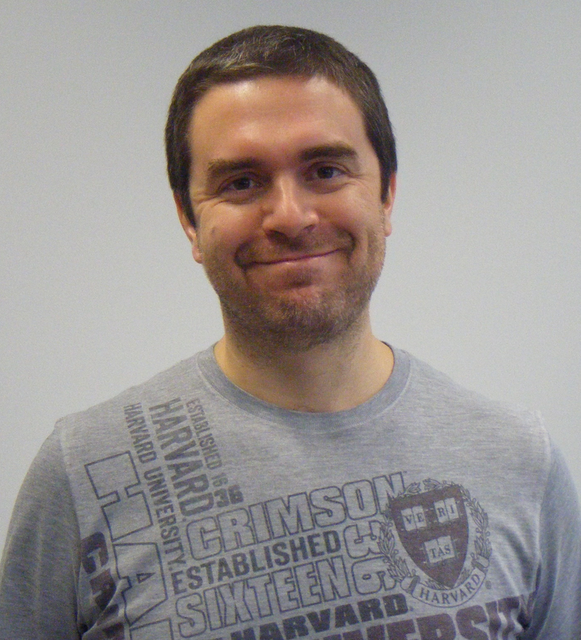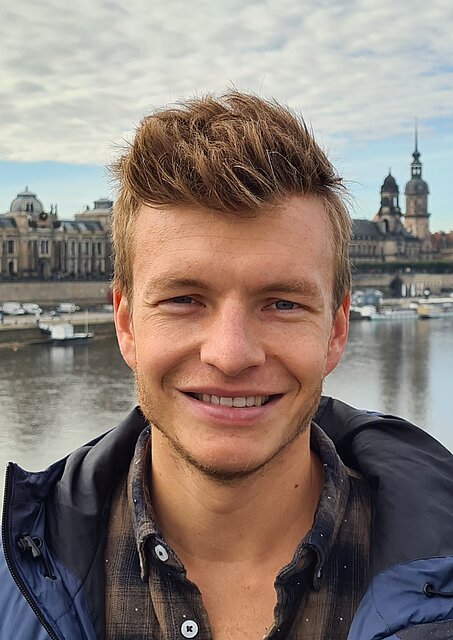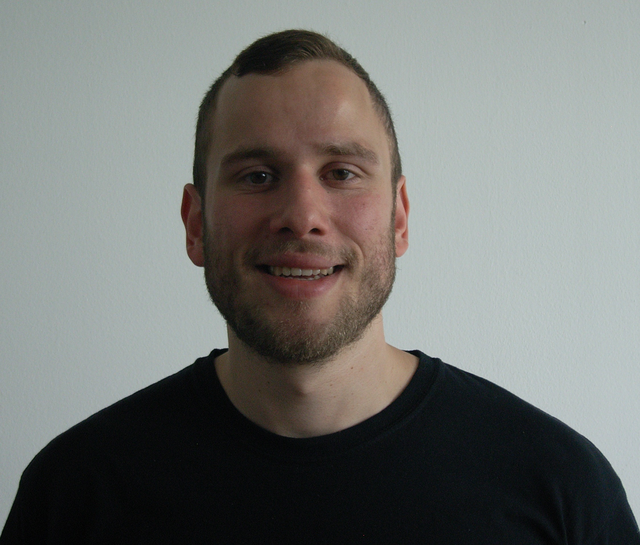Team / Member
Scientists:
Dr. Giacomo Cossa 01 August 2019

In the study “Localized Inhibition of Protein Phosphatase 1 by NUAK1 Promotes Spliceosome Activity and Reveals a MYC-Sensitive Feedback Control of Transcription” by Giacomo Cossa and colleagues, a protein complex composed of the proteins NUAK1, PP1 and PNUTS was identified in the nucleus of cells. This complex regulates transcription (i.e., the production of messenger RNA from DNA) and, in detail, mRNA splicing and elongation. These findings are relevant to a better understanding of the biology of cancer cells, which rely on efficient transcription.
In the manuscript “Protein phosphatases in the RNAPII transcription cycle: erasers, sculptors, gatekeepers, and potential drug targets”, Giacomo Cossa and colleagues reviewed the state of the art concerning the role of a class of enzymes – phosphatases – in transcription, with a special focus on his recent findings on PP1 and PNUTS.
Cossa, G., Roeschert, I., Prinz, F., Baluapuri, A., Silveira Vidal, R., Schulein-Volk, C., Chang, Y.C., Ade, C.P., Mastrobuoni, G., Girard, C., et al. (2020). Localized Inhibition of Protein Phosphatase 1 by NUAK1 Promotes Spliceosome Activity and Reveals a MYC-Sensitive Feedback Control of Transcription. Mol Cell.
Cossa, G., Parua, P.K., Eilers, M., and Fisher, R.P. (2021). Protein phosphatases in the RNAPII transcription cycle: erasers, sculptors, gatekeepers, and potential drug targets. Genes Dev 35, 658-676.
Dr. Dimitrios Papadopoulos, 15 March 2018
Papadopoulos and colleagues showed that the MYCN oncoprotein interacts with the RNA
exosome, an RNA-degrading protein complex, at promoter-proximal sites. This interaction is
critical in removing an arrested RNA polymerase II molecule from chromatin so as to prevent
a conflict with ongoing replication. Loss of the exosome results in widespread DNA
double-strand breaks and the activation of the ATM repair pathway, which in turns leads to
the MYCN-driven recruitment of BRCA1 and decapping complexes to remove the arrested
RNA polymerase II from chromatin.
Papadopoulos, D., Solvie, D., Baluapuri, A., Endres, T., Ha, S.A., Herold, S., Kalb, J.,
Giansanti, C., Schulein-Volk, C., Ade, C.P., et al. (2022). MYCN recruits the nuclear
exosome complex to RNA polymerase II to prevent transcription-replication conflicts. Mol
Cell 82, 159-176 e112. 10.1016/j.molcel.2021.11.002.
our newest member Sarah Denk PhD 12 October 2021
Daniel Solvie PhD 01 August 2020

Functions of the MYC oncoprotein are tightly controlled by the Ubiquitin system, while the exact mechanisms remain to be explored. MYC proteins have been published to participate in various protein complexes and to interact with more than 80 proteins. Structurally, these versatile interactions are hypothesised to be mediated by highly disordered regions that are contained in the MYC protein. In this project, the impact of ubiquitylation on dynamics of these regions and resulting changes in interaction partners and functions are explored.
Theresa Endres PhD. 01 May 2018 to 30 November 2021

Doc. thesis 2021
PAF1 Complex and MYC couple transcription elongation with double-strand break repair
Markus Dehmer PhD. 15 May 2018 to 14 May 2021

IT: Philipp Keil 17 September 2018
Administration: Britta Claaßen 15 March 2018